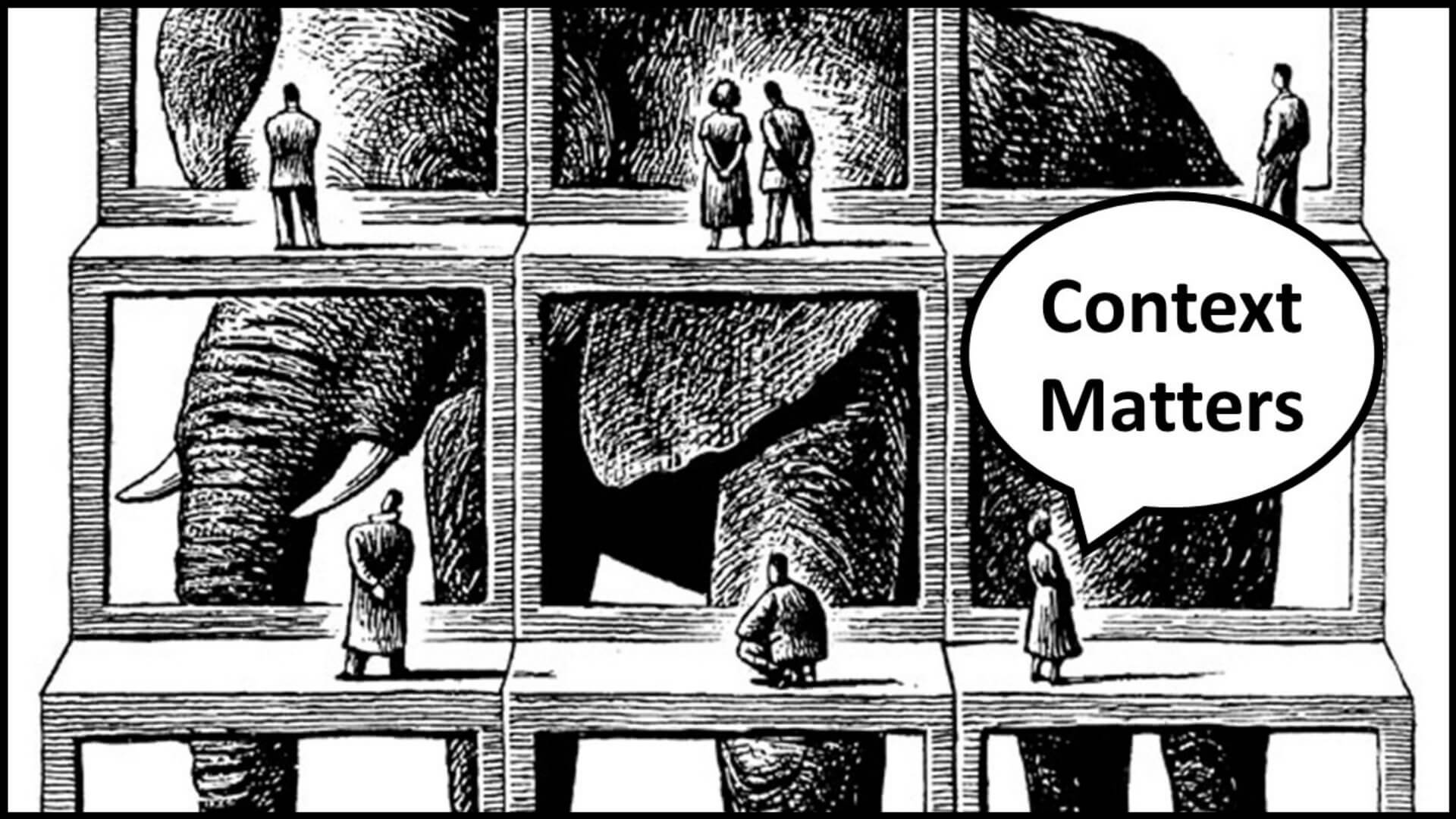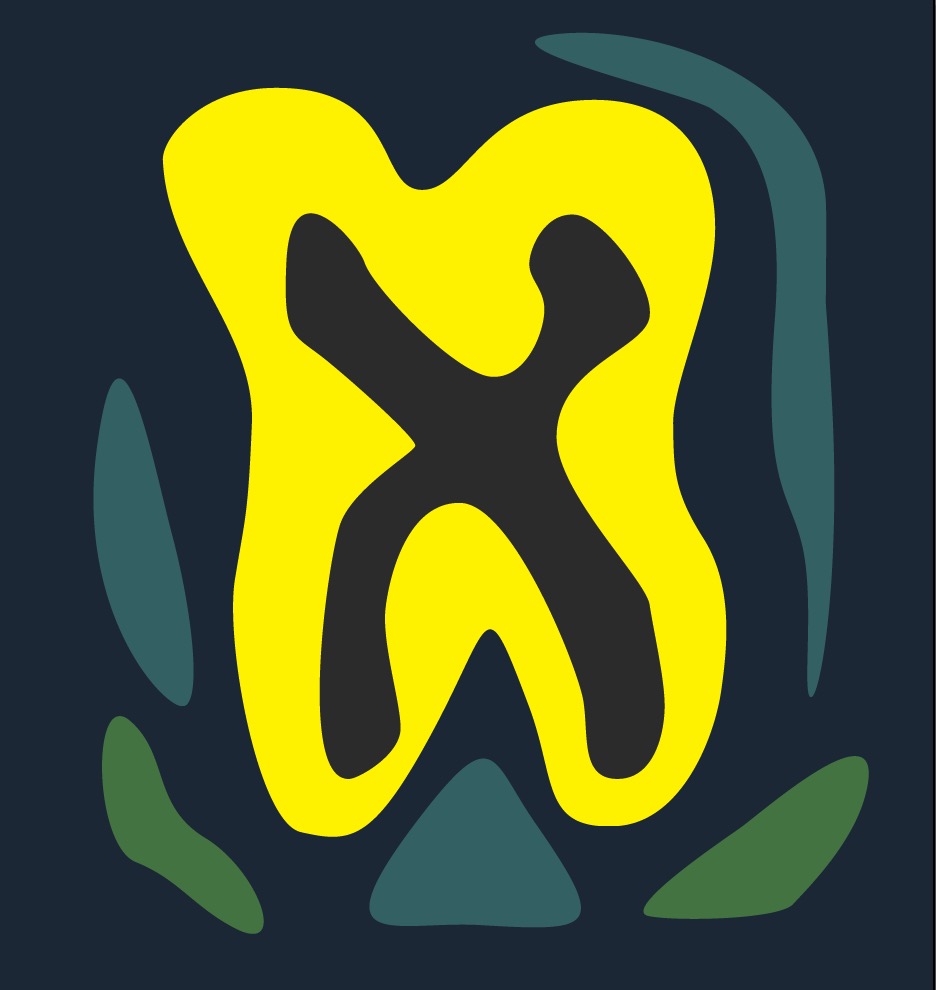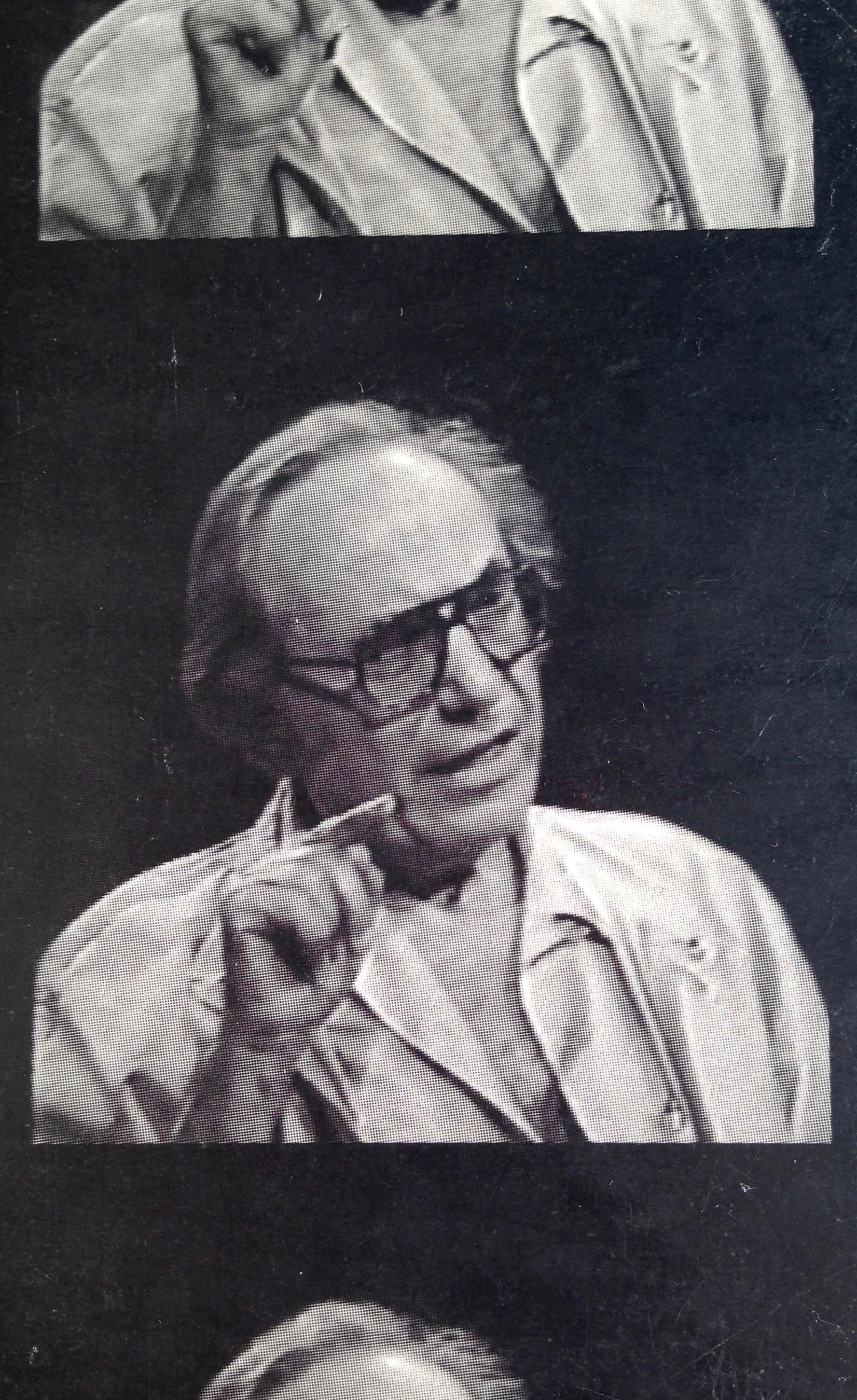A Bisl Backgroundאַ קלײנער פֿאָן

The poem invokes several scriptural and liturgical references, Jewish and Christian, often undoing or negating the words of the original text to portray death as the undoing of creation and the reversal of Genesis. See:
"Who by fire... who by strangulation": Unetanah Tokef (cf Leonard Cohen, "Who By Fire", New Skin for the Old Ceremony, 1974)
“It was evening, it was morning, the first day….”: Genesis 1:3-31
"And the earth was without form, and void", lit. Tohu-Bohu: Genesis 1:2
“you cannot see my face, for man shall not see me and live.... thou shalt see my back: but my face shall not be seen": Exodus 33:20, 23
“Father, forgive them, for they do not know what they do.”: Luke 23:34
“As it was in the beginning, is now, and ever shall be: World without end": Glori Patri; "As it was in the days of Noah, so it will be at the coming of the Son of Man": Matthew 24:37-42; cf Noel Paul Stookey, "Wedding Song (There Is Love)", Paul And, 1971, and Davida Coleman, As It Was in the Beginning, So Shall It Be in the End: A Collection of Poetry (Createspace Independent Pub., 2017)
“And God said, Let us make man in our image, after our likeness”: Genesis 1:26-27
The fourth of the sephiroth on the Kabalistic Tree of Life is usually counted as hesed, or mercy.

Read by no one yet ☹
In The Final Moment
אין סוף פֿון דער רגע
Translated by Joseph Kary
Eli, Eli, be my angel of death,
Give me this death from your hand
In silence—
Not by the hand of a man.
Not by fire. Not by strangulation.
Not by the hand of a man.
Like the beaten horse under a heavy load
I will bow down,
my forehead towards the ground,
seeing your face and not your back.
And there was morning, and there was evening. The moment before the eighth day.
Eli, Eli, in the twenty-fifth hour
It should come, the void without form, from your hand.
As it was in the beginning, so should it be in the end
with the fourth sefira of life’s tree.
Father in heaven, forgive them not,
For they know what they have done to me.
And You have thought about what You have brought forth.
In the moment of ending, oh Eli! not by an act of man
Who is in your image, of your likeness.
Descend, and I will see you alone
In the final moment.
אלי, אלי, זײַ דו מײַן מלאך־המװת,
גיב מיר דעם טױט פֿון דײַן האַנט
שטיל —
נישט פֿון דער האַנט פֿון אַ מענטשן.
נישט דורך פֿײַער. נישט דורך חנק.
נישט פֿון דער האַנט פֿון אַ מענטשן.
װי אונטער דער שװערער משׂא אַ געשלאָגן פֿערד
װעל איך אַראָפּבוקן
דעם שטערן צו דער ערד
און זען דײַן פּנים, נישט דײַן רוקן.
ויהי בוקר, ויהי ערבֿ. דער זעראָ־טאָג דער אַכטער.
אלי, אלי, אין דער שעה דער פֿינף און צװאַנציקסטער
זאָל ער קומען, דער תּוהו־ובֿוהו, פֿון דײַן האַנט.
װי דער אָנהײב, זאָל זײַן אױך דער סוף
מיט דער ספֿירה דער פֿערטער.
פֿאַרגיב זײ נישט, טאַטע־פֿאָטער,
זײ װײסן װאָס זײ האָבן מיר געטאָן.
און דו האָסט דיך באַדענקט אױף דײַן באַשאַף.
אין דער רגע פֿון סוף, הױ אלי! נישט דורך אַ מענטשן
װאָס אין דײַן צלם, אין דײַן געשטאַלט.
נידער אַראָפּ איך זאָל זען דיך אַלײן
אין סוף פֿון דער רגע.
1978
1978
The Poetדער דיכטער

Ka-Tzetnik, or Ka-Tzetnik 135633, is the name under which Yehiel Dinur, formerly Yehiel Fayner, wrote after the Holocaust. This was first publicly revealed during in his testimony at the Eichmann trial in 1961. He was born in Sosnowiec, Poland in 1909 and died in Tel Aviv in 2001. His most famous works are the six volumes that make up his chronicle of the "planet" Auschwitz. Most of his work, though first written in Yiddish, was first (and oftentimes only) published in Hebrew.
The name Dinur is Aramaic for "of fire." This theme of being reborn through fire manifests itself in a variety of forms in his work, such as the mythical salamander, the phoenix, and the three-time burning of his pre-war book of poetry, Tsveyuntsvanstik: Lider.


